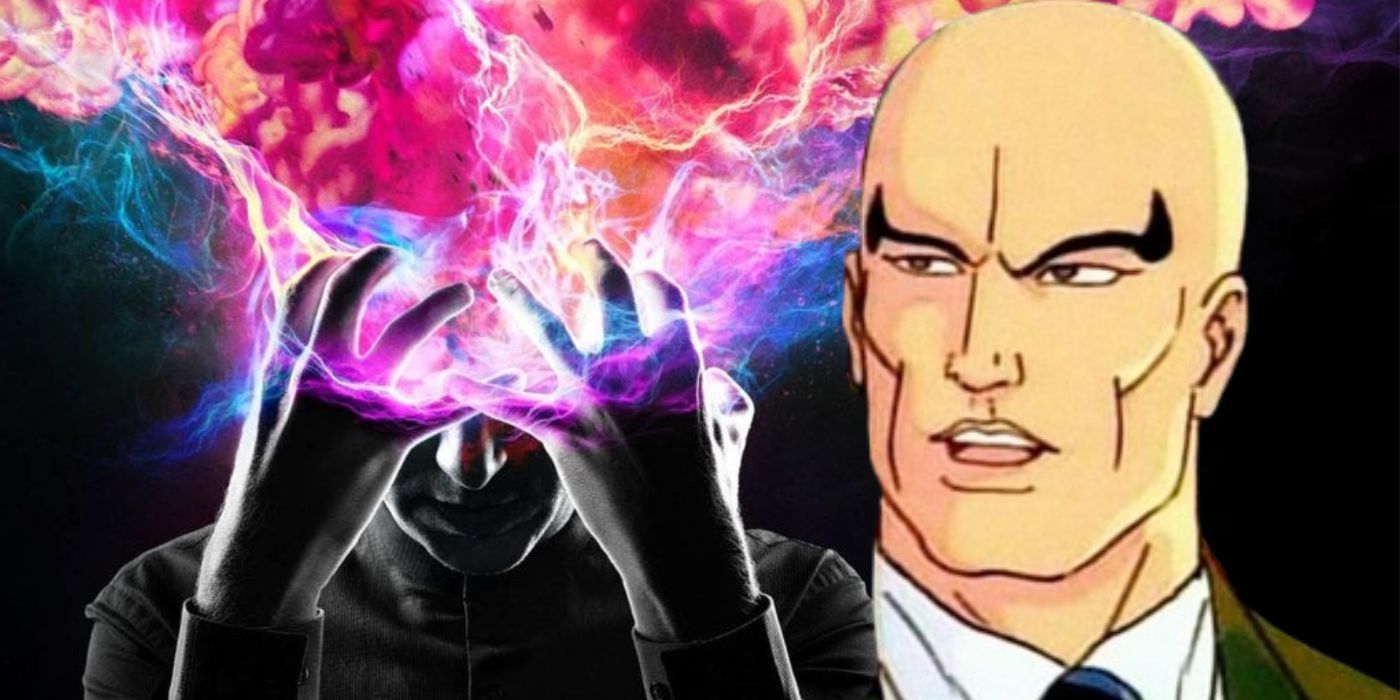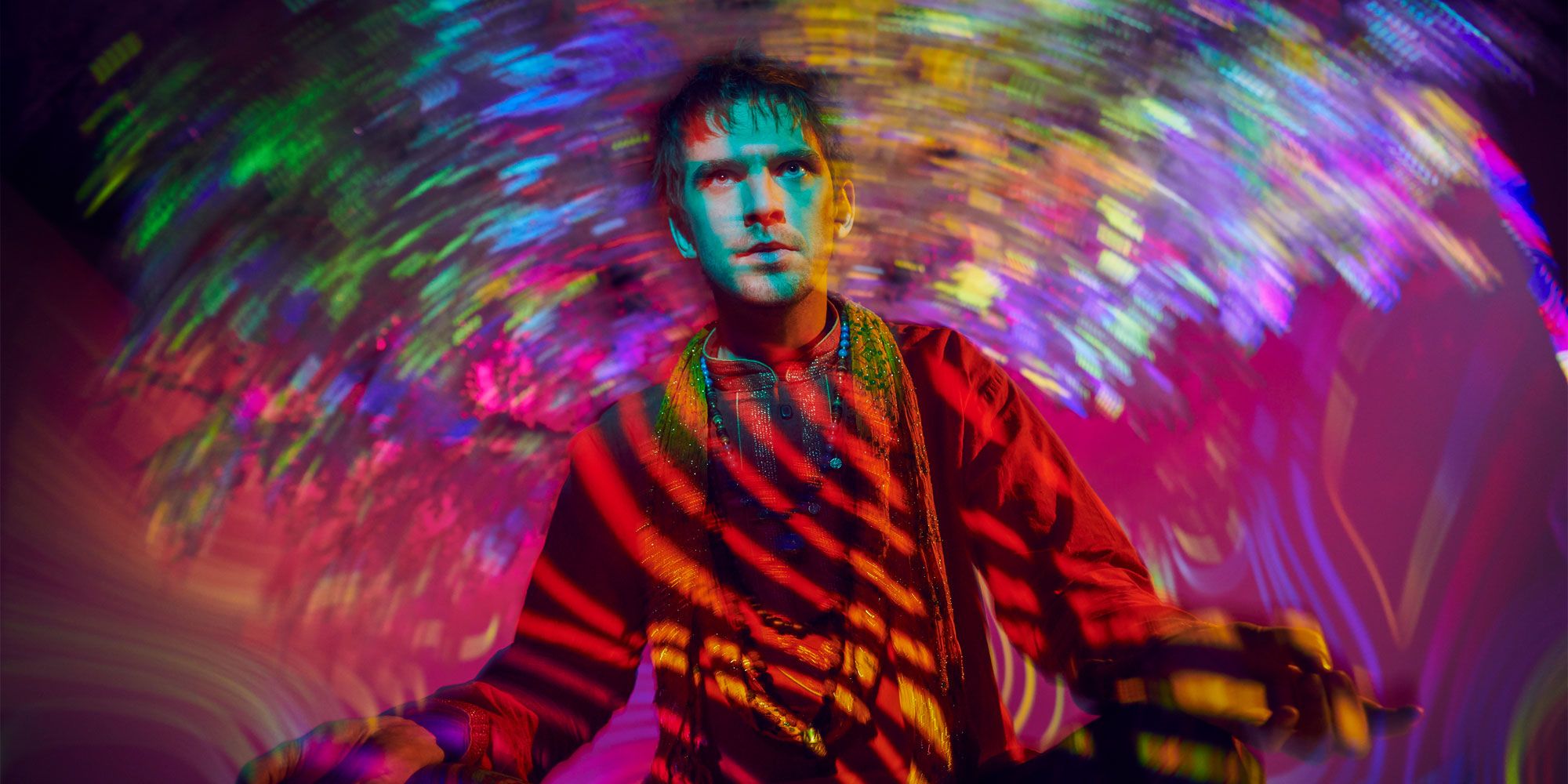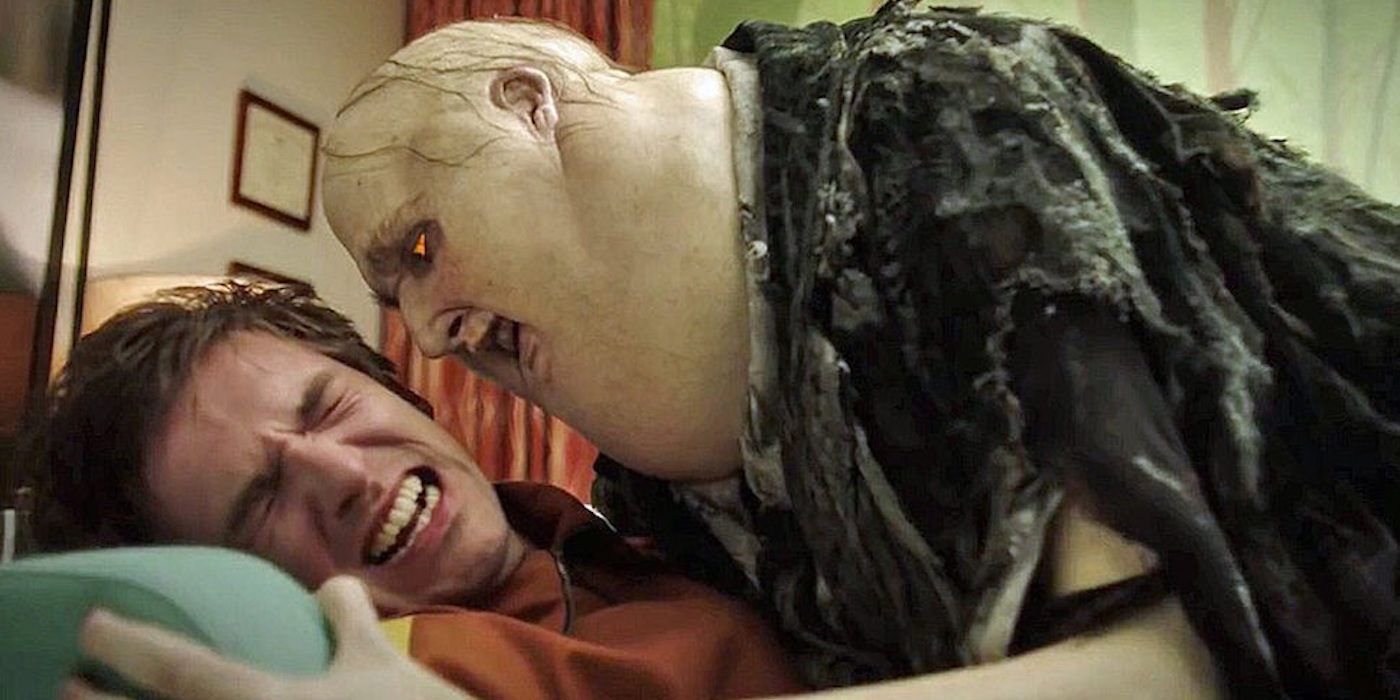While the X-Men franchise has had some impressive animated and live-action offerings, one subversive FX series deserves more recognition.

With X-Men ’97 out now, the Marvel cult classic X-Men: The Animated Series finds a new life. Still, despite the cartoon’s revered status, it was the live-action venture Legion that challenged the notions of storytelling within the X-Men mythos but went largely under the radar. Out of all the X-Men animated shows so far, the 90s-era series and X-Men: Evolution have best endured as fan favorites. The history of X-Men live-action shows is more tumultuous, with the earliest examples being the 1996 TV pilot Generation X and the 2000s-era unlicensed series Mutant X, was abruptly canceled after two seasons.
While the Fox X-Men movies dominated live-action portrayals of the mutant superteam in the 2000s and the 2010s, the latter decade witnessed new spins on the team beyond the usual ensemble (Cyclops and co). The advantage that showrunners have in adapting other storylines is that the comics are abundant in several other X-Men team rosters, like the X-Force, the New Mutants, and so on. This is what worked in favor of the Fox series The Gifted (2017-2019) which focused on a younger batch of mutants. During those three years, an even more revolutionary X-Men spin-off was brewing over at FX.
Why Legion Is The Best X-Men Show Even Without Any X-Men
The Surrealist Adventure Nails The Comic’s Themes Of Social Exclusion And Mutant-Government Conflicts

Created by Fargo showrunner Noah Hawley and starring Downton Abbey alumnus Dan Stevens in the titular role, Legion was a psychological superhero thriller with the focus lying on Charles Xavier’s estranged telepathic son David Haller, aka Legion. But instead of focusing on any costumed battles, the first season of this heavily underrated Marvel TV show kicked off in a covert government facility where Haller and other mutants are forcibly detained. Stevens’ protagonist subverts superhero stereotypes as he doesn’t lead fellow mutants to revolution like his father; instead, he spends most of the time encountering the parasitic villains inside his mind.
Expect plenty of mind-bending surrealist scenarios that channel Haller’s deepest fears with his telepathic and telekinetic abilities. And despite this individual-driven narrative, Legion succeeds in addressing evergreen themes from the comics, such as the alienation and loneliness that mutants face in an increasingly paranoid human society. While Haller was diagnosed with schizophrenia from a young age and ostracized for his powers, the supporting cast similarly includes mutants who have all had something to lose. The bonds they feel in captivity, and their subsequent freedom are what make Legion an emotional tribute to the X-Men, with hardly any references to them.
The Clockwork Psychiatric Facility in Legion season 1 was a direct nod to Stanley Kubrick’s A Clockwork Orange . Even the facility’s interior design was inspired by sets from the British dystopian film.
What Legion Did Better Than Other X-Men TV Classics
More Character-Driven Narratives And Well-Rounded Villains Worked In Its Favor

Legion’s journey as a social outcast-turned-unlikely mutant hero is a truly engaging character arc, along with the equally tragic backstories of his fellow mutants, something that even X-Men: The Animated Series or X-Men: Evolution couldn’t achieve with their “mission of the day” episodic arcs. So, while the later episodes of Legion increased the stakes by throwing time travel and a world-altering threat in the mix, the narrative still felt grounded to a band of mutant underdogs who are just trying to live their life in peace instead of creating an idealistic utopia like that Charles Xavier sought in other series.
Crafting a menacing overarching antagonist out of the Shadow King was also a very original take on the comic book villain, a regular foe of Charles Xavier’s from the past. Played to perfection by Navid Negahban and occasionally Aubrey Plaza, this evil telepath’s many forms and fear-inducing visions made Legion double as a work of Lynchian horror. The well-rounded villain made up for that one disappointing Shadow King appearance in X-Men: The Animated Series. So, while previous X-Men adaptations have largely had a conventional sci-fi approach, Legion was a Marvel genre-blending exercise in cerebral sci-fi, psychological horror, and human drama.